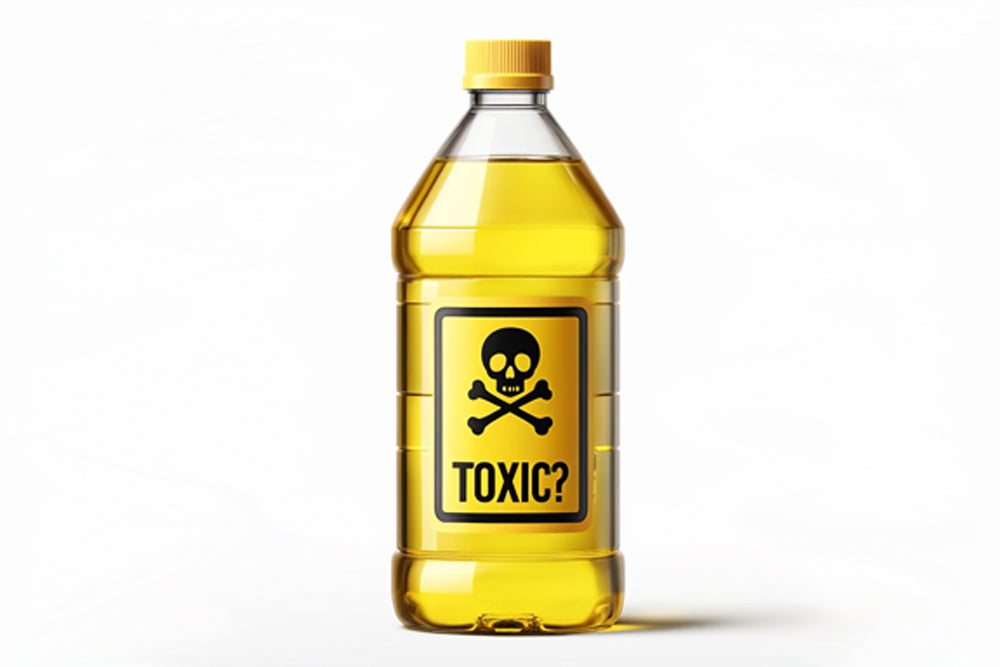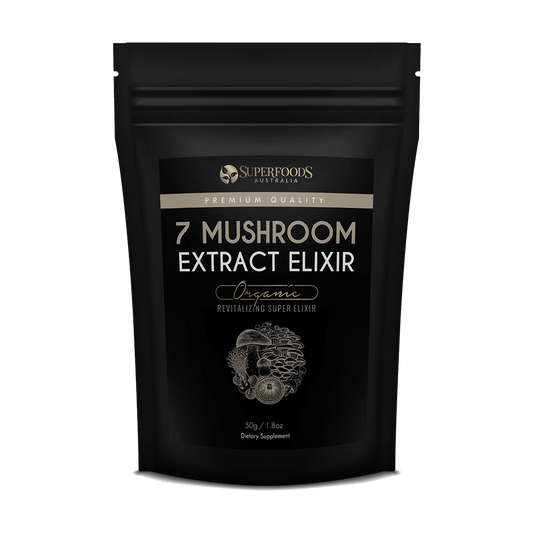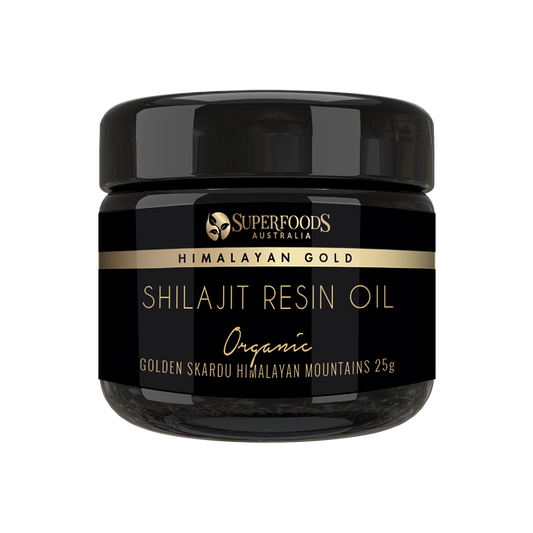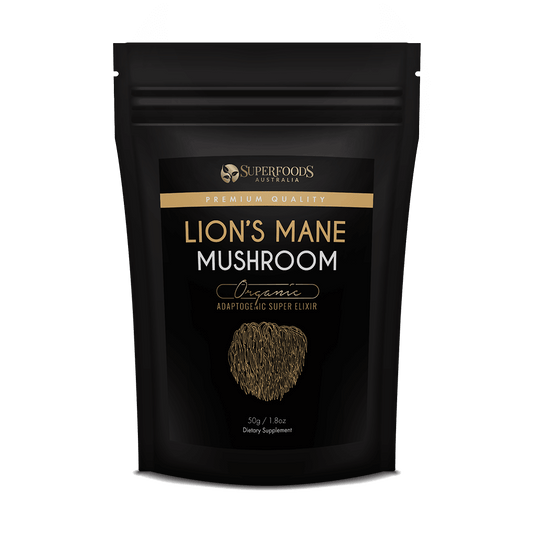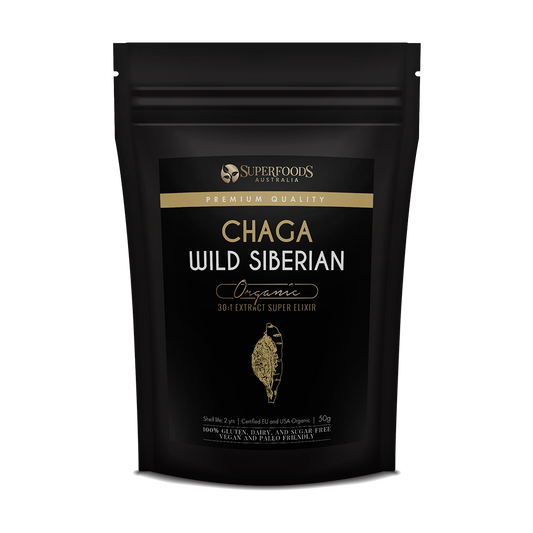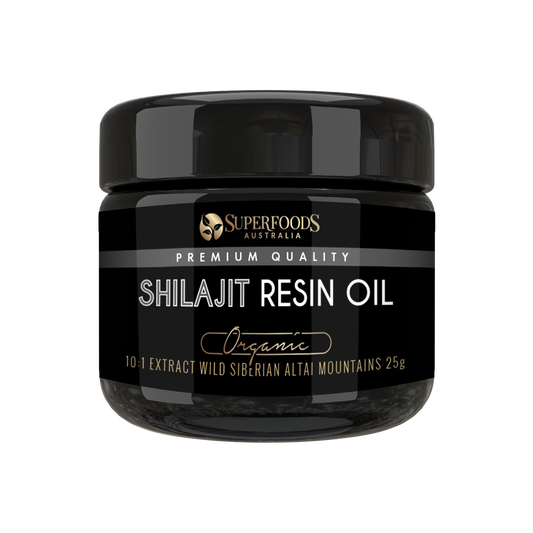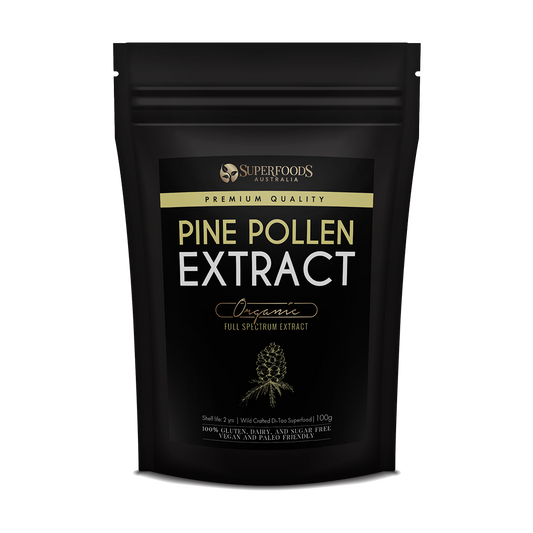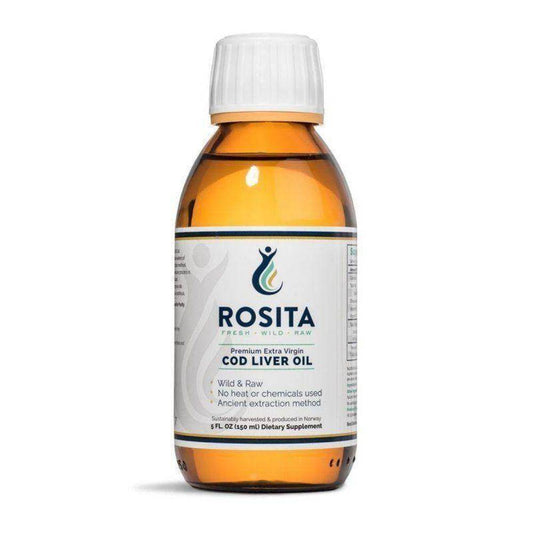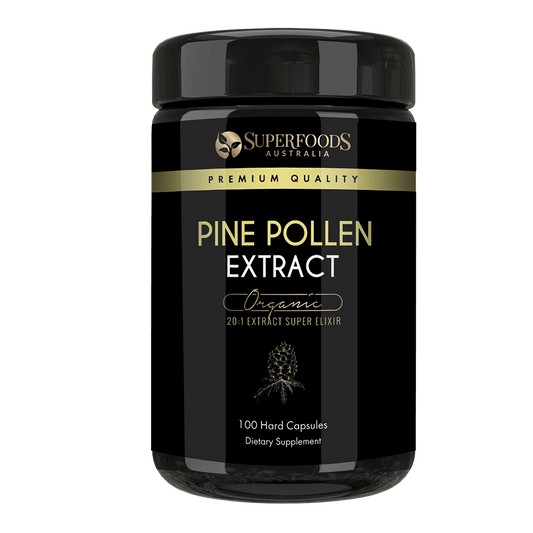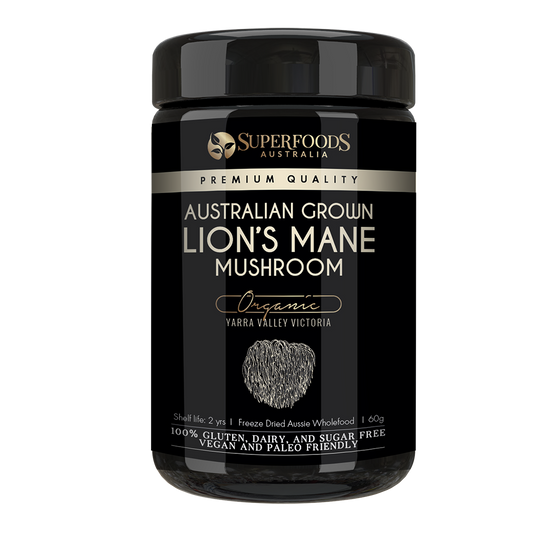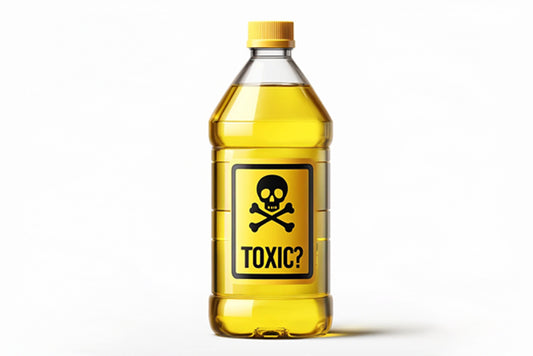In the realm of modern nutrition, few topics spark as much controversy as the health impacts of vegetable seed oils. Commonly found in a myriad of processed foods and often touted as heart-healthy due to their unsaturated fat content, vegetable seed oils like soybean, corn, sunflower, and canola oil may be among the most toxic substances in our diet. This article delves into the reasons behind this alarming claim and explores the potential health benefits of eliminating these oils from your diet.
The Hidden Dangers of Vegetable Seed Oils
Vegetable seed oils are extracted from seeds using industrial processes that often involve high heat and chemical solvents. These oils are predominantly made up of polyunsaturated fatty acids (PUFAs), specifically omega-6 fatty acids. While omega-6 fatty acids are essential for health, the problem arises with the imbalance between omega-6 and omega-3 fatty acids in the typical Western diet. This imbalance can lead to several detrimental health effects.
The Industrial Extraction and Processing of Vegetable Seed Oils
The process of extracting vegetable seed oils involves several steps that can degrade their nutritional quality and introduce harmful substances:
-
Extraction with Hexane:
- Seeds are first cleaned and ground into a meal.
- The meal is then treated with a solvent, usually hexane, to extract the oil. Hexane is a petroleum-based solvent known for its efficiency in extracting oil, but it is also a neurotoxin and can leave residues in the final product.
-
Refining:
- The extracted oil undergoes refining to remove impurities. This process involves heating the oil to high temperatures, which can cause the formation of trans fats and other toxic compounds.
-
Deodorization:
- The oil is then deodorized to remove any unpleasant odors. This step often involves high heat and the use of steam, which can further degrade the oil’s nutritional value and lead to the formation of harmful byproducts.
-
Bleaching:
- Bleaching is done to remove any remaining impurities and to improve the oil's color. This process uses bleaching clay and high temperatures, contributing to the breakdown of beneficial nutrients and the formation of harmful substances.
Historical Context: The Modern Invention of Vegetable Seed Oils
Vegetable seed oils, as we know them today, were virtually unavailable during the vast majority of human evolution. Our ancestors primarily consumed fats from whole foods like meat, fish, nuts, seeds, fruits, and vegetables. These sources provided a balanced intake of saturated fats, monounsaturated fats, and omega-3 fatty acids, essential for optimal health.
Evolutionary Diet
During the Paleolithic era, humans had a diet rich in natural fats from animals and plants. These fats were stable and less prone to oxidation, providing a reliable source of energy and essential nutrients without the harmful byproducts associated with modern vegetable seed oils. The consumption of omega-6 fatty acids was naturally limited, as these fatty acids were only available in small amounts in whole foods.
Modern Technology and the Advent of Vegetable Seed Oils
The large-scale production of vegetable seed oils only became possible with the advent of industrial technology in the 20th century. The ability to extract oils from seeds like soybeans, corn, and canola required complex machinery and chemical processes, including the use of solvents like hexane and high-heat treatments. These processes allowed for the mass production of vegetable seed oils, making them a cheap and abundant ingredient in the modern food supply.
Wartime Origins
Interestingly, vegetable seed oils were initially manufactured during World War II as a moisture-tolerant lubricant for ships. Their production was driven by the need for a stable, cost-effective lubricant that could withstand the harsh conditions at sea. After the war, the technology and infrastructure developed for this purpose were repurposed for food production, leading to the widespread availability of vegetable seed oils as a dietary fat.
Impact on Modern Diets
The introduction of vegetable seed oils into the food system has significantly altered the balance of fats in our diets. Where once the human diet was naturally balanced in terms of omega-3 and omega-6 fatty acids, the widespread use of vegetable seed oils has skewed this balance heavily towards omega-6. This shift is believed to contribute to many of the chronic health issues prevalent today, including inflammatory diseases, cardiovascular problems, and metabolic disorders.
Understanding that vegetable seed oils are a relatively new addition to the human diet highlights the potential mismatch between our current consumption patterns and our evolutionary nutritional needs. This historical perspective underscores the importance of reconsidering the role of these oils in our diets and the benefits of returning to more traditional, natural sources of fats.
Why Are Vegetable Seed Oils Considered Toxic?
1. High Susceptibility to Oxidation
Polyunsaturated oils are chemically unstable due to their multiple double bonds, which make them highly prone to oxidation. Oxidation occurs when oils are exposed to heat, light, and air, leading to the formation of harmful compounds such as aldehydes and lipid peroxides. These compounds can cause oxidative stress and inflammation in the body, contributing to a host of chronic diseases including cancer, cardiovascular disease, and neurodegenerative disorders.
2. Promotion of Chronic Inflammation
The high omega-6 content in vegetable seed oils can promote inflammation when consumed in excess. Chronic inflammation is a key driver of many serious health conditions, including heart disease, diabetes, arthritis, and even certain cancers. The imbalance between omega-6 and omega-3 fatty acids exacerbates this issue, as omega-3s have anti-inflammatory properties that are often overwhelmed by the excessive intake of omega-6s.
3. Association with Obesity and Metabolic Syndrome
Vegetable seed oils are calorie-dense and are often found in highly processed, low-nutrient foods. Consuming these oils can contribute to weight gain and the development of metabolic syndrome, a cluster of conditions that increase the risk of heart disease, stroke, and diabetes. Additionally, the inflammatory properties of omega-6 fatty acids can further impair metabolic health, making it more difficult to manage weight and maintain overall wellness.
4. Impact on Brain Health
The brain is particularly sensitive to the types of fats consumed in the diet. Excessive omega-6 intake can interfere with the optimal function of omega-3 fatty acids, which are crucial for brain health. This imbalance can impair cognitive function and has been linked to an increased risk of mental health disorders and neurodegenerative diseases such as Alzheimer's.
5. Negative Effects on Skin Health
The skin reflects overall health and is highly influenced by dietary fats. The high omega-6 content in vegetable seed oils can exacerbate skin conditions like acne, eczema, and psoriasis. These oils can also make the skin more susceptible to oxidative damage, leading to premature aging and other dermatological issues.
6. Link to Cancer
Research suggests that the harmful compounds formed when vegetable seed oils are oxidized can contribute to cancer development. The oxidative stress and inflammation caused by these oils create an environment conducive to cellular damage and mutation, which can lead to cancer. Additionally, the presence of trans fats and other toxic byproducts in processed vegetable seed oils can further increase the risk of cancer.
Common Foods Containing Vegetable Seed Oils
Vegetable seed oils are pervasive in many processed and packaged foods. Here are some common items that often contain or are cooked in these oils:
- Fast Food: French fries, fried chicken, and other deep-fried items are typically cooked in vegetable seed oils.
- Packaged Snacks: Potato chips, pretzels, and popcorn often contain vegetable seed oils.
- Baked Goods: Cookies, cakes, and pastries frequently use these oils in their recipes.
- Margarine and Spreads: Many butter substitutes and spreads are made from vegetable seed oils.
- Salad Dressings and Mayonnaise: These condiments often use vegetable seed oils as their base.
- Processed Foods: Many processed and convenience foods, such as frozen meals and canned soups, contain vegetable seed oils.
The Dangers of Deep Frying in Vegetable Seed Oils
Deep frying in vegetable seed oils poses significant health risks due to the high temperatures involved:
-
Increased Oxidation:
- The high heat used in deep frying accelerates the oxidation of vegetable seed oils, leading to the formation of harmful compounds such as aldehydes and trans fats. These compounds are linked to increased inflammation, oxidative stress, and the development of chronic diseases.
-
Production of Toxic Compounds:
- During deep frying, vegetable seed oils can produce acrylamide, a potentially carcinogenic substance formed when starchy foods are cooked at high temperatures. Prolonged exposure to acrylamide is associated with an increased risk of cancer.
The Health Benefits of Avoiding Vegetable Seed Oils
Eliminating or reducing vegetable seed oils from your diet can offer numerous health benefits:
- Reduced Inflammation: Lowering your intake of omega-6 fatty acids helps reduce chronic inflammation, decreasing the risk of many chronic diseases.
- Improved Heart Health: Replacing vegetable seed oils with healthier fats can improve cholesterol levels and reduce the risk of heart disease.
- Better Weight Management: Cutting out calorie-dense, nutrient-poor oils can support healthier weight management and metabolic function.
- Enhanced Brain Health: A better balance of dietary fats supports cognitive function and reduces the risk of neurodegenerative diseases.
- Healthier Skin: Replacing omega-6-rich oils with healthier fats can lead to clearer, more resilient skin.
Healthier Alternatives to Vegetable Seed Oils
1. Olive Oil
Rich in monounsaturated fats and antioxidants, olive oil is a heart-healthy alternative suitable for cooking and salad dressings.
2. Coconut Oil
Containing medium-chain triglycerides (MCTs), coconut oil is easier to digest and provides a quick source of energy. It's also stable at high cooking temperatures.
3. Avocado Oil
With a high smoke point and a rich, buttery flavor, avocado oil is perfect for cooking and baking, offering healthy monounsaturated fats.
4. Butter and Ghee
These traditional fats are rich in fat-soluble vitamins and provide a stable option for cooking, especially for those following a low-carb or ketogenic diet. They are less prone to oxidation compared to polyunsaturated oils. You can read about the wonders of ghee and how to make it at home here.
5. Animal Fats
Lard, tallow, and duck fat are traditional cooking fats with a stable fat profile and rich flavor, making a nutritious and flavorful addition to various dishes.
6. Cod Liver Oil
Cod liver oil is a nutrient-dense oil extracted from the livers of cod fish. It is exceptionally rich in omega-3 fatty acids, specifically EPA and DHA, which are crucial for reducing inflammation and supporting heart and brain health. Additionally, cod liver oil is a significant source of vitamins A and D, which are essential for immune function, bone health, and vision. Incorporating cod liver oil into your diet can provide numerous health benefits:
- Anti-Inflammatory Effects: The high content of omega-3 fatty acids helps reduce chronic inflammation.
- Heart Health: Omega-3s in cod liver oil improve heart health by lowering triglycerides and blood pressure.
- Brain Health: DHA is crucial for brain development and function, potentially reducing the risk of cognitive decline.
- Bone Health: Vitamin D enhances calcium absorption, promoting stronger bones.
- Immune Support: Vitamin A is vital for maintaining a healthy immune system.
The best Cod Liver Oil is extracted without heat from Wild Norwegian Cod Fish Livers. You can purchase our Rosita Cod Liver Oil here.
Conclusion
While vegetable seed oils are ubiquitous in modern diets, emerging research highlights their potential toxicity and the significant health risks associated with their consumption. By understanding the dangers of these oils and choosing healthier alternatives, you can take proactive steps towards improving your overall health and well-being. Always consult with a healthcare provider when making significant changes to your diet to ensure they align with your individual health needs.
Focusing on whole, minimally processed foods and stable, healthy fat sources can make a profound difference in your health, helping you to live a more vibrant and energetic life.

